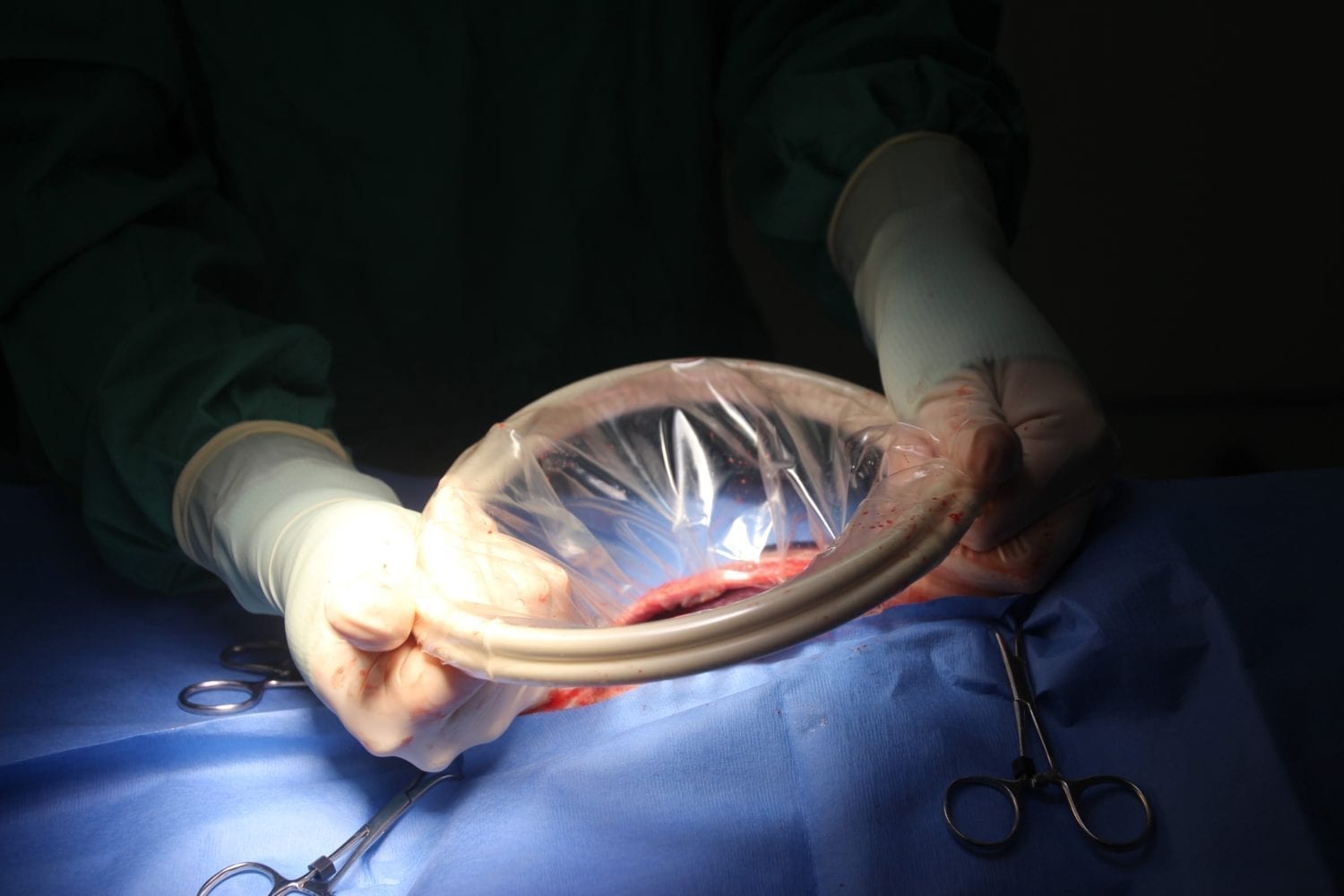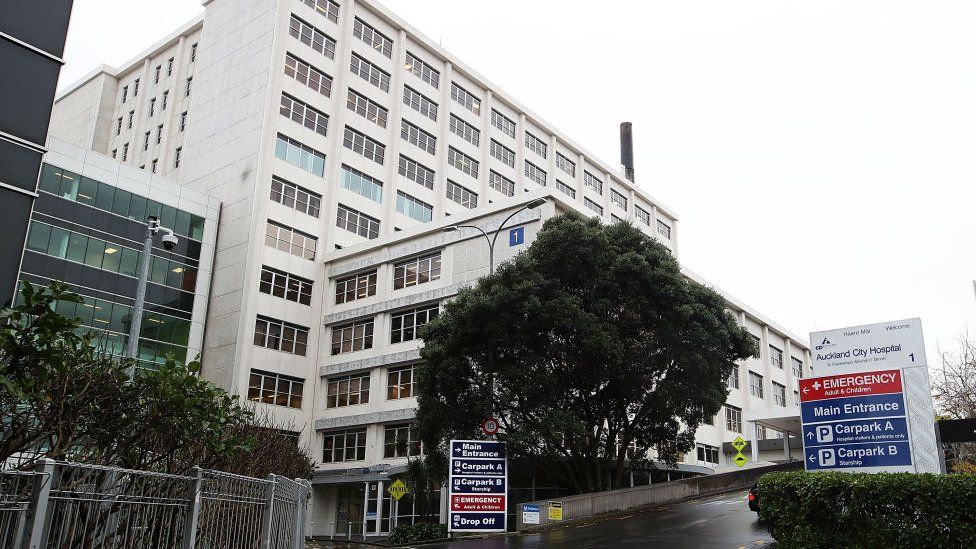News
New Zealand Doctors Forget 9cm Surgical Ring Inside Woman

After giving birth through Caesarean at an New Zealand hospital, doctors left a gadget “the size of a dinner plate” inside the the a woman’s abdomen. The Alexis’ wound retractor, a soft tubal tool used during surgery, was removed after 18 months.
During this period, the woman experienced significant symptoms and visited multiple doctors before a CT scan revealed the problem. According to health officials, the public hospital system failed the patient.
Te Whatu Ora Auckland district health authorities initially claimed that they had exercised reasonable care and skill. However, in results issued on Monday, New Zealand’s Health and Disability Commissioner disagreed.
“It is self-evident that the care provided fell below the appropriate standard, because the [retractor] was not identified during any routine surgical checks, resulting in it being left inside the woman’s abdomen,” Morag McDowell told the BBC.
“Staff involved have no explanation for how the retractor ended up in the abdominal cavity, or why it was not identified prior to closure,” she explained.
The Alexis wound retractor is a big item made of clear plastic that is attached to two rings. It is often removed after the uterine incision in a C-section operation but before the skin is sewn together.
Because it is a “non radio-opaque” object, X-ray scans could not identify it.
The staff that treated the woman at Auckland City Hospital had replaced the original Alexis wound retractor with a larger one. This second Alexis wound retractor was what remained in the woman’s abdomen.
The Commissioner noted that this was the second occasion in two years that a device had been left in a patient at an Auckland hospital.
After the hospital failed to remove the retractor, the woman suffered from severe stomach pain. Ms McDowell stated that the hospital should have had appropriate protocols in place.
“The woman suffered from pain for an extended period of time after her surgery until the [retractor] was removed in 2021.” “I understand her concerns about the impact this has had on her health and well-being, as well as that of her family,” she said.
The woman, in her twenties, went to her doctor numerous times in the 18 months following her delivery in 2020, and she even went to the hospital’s emergency room on one occasion due to agony. To protect her privacy, she has not been named.
New Zealand Hospital Negligence
Ms McDowell expressed disappointment, noting that the same hospital system had previously violated patient rights in 2018, when it left a swab in a woman’s abdomen following surgery.
Following that occurrence, the board stated that all surgical personnel will be required to follow its “count policy,” which is designed to ensure that all goods used during each treatment are accounted for.
However, the Commissioner stated that some doctors had not even read the policy at the time of the woman’s operation. Alexis wound retractors were likewise not included in surgical counts at the time.
A hospital nurse informed investigators that this could be because half of the retractor, when employed, remained outside the patient and “would not be at risk of being retained.” It’s unknown how the device went up completely into the woman in this case.
A surgeon, a senior registrar, four nurses, two anaesthetists, two anaesthetic technicians, and a theatre midwife were among those present for the woman’s procedure.
Mike Shepard, Te Whatu Ora Group’s head of operations for Auckland, has apologised to the patient.
“We reviewed the patient’s care, which resulted in improvements to our systems and processes that will reduce the likelihood of similar incidents occurring in the future,” he said.
“We would like to reassure the public that incidents such as these are extremely rare, and we remain confident in the quality of our surgical and maternity care,” he said.
The report does not mention the woman’s current health status, albeit the Commissioner did not mention any residual harm. Lawyers are currently reviewing her case to determine whether any additional action, such as disciplinary proceedings, should be taken.






























